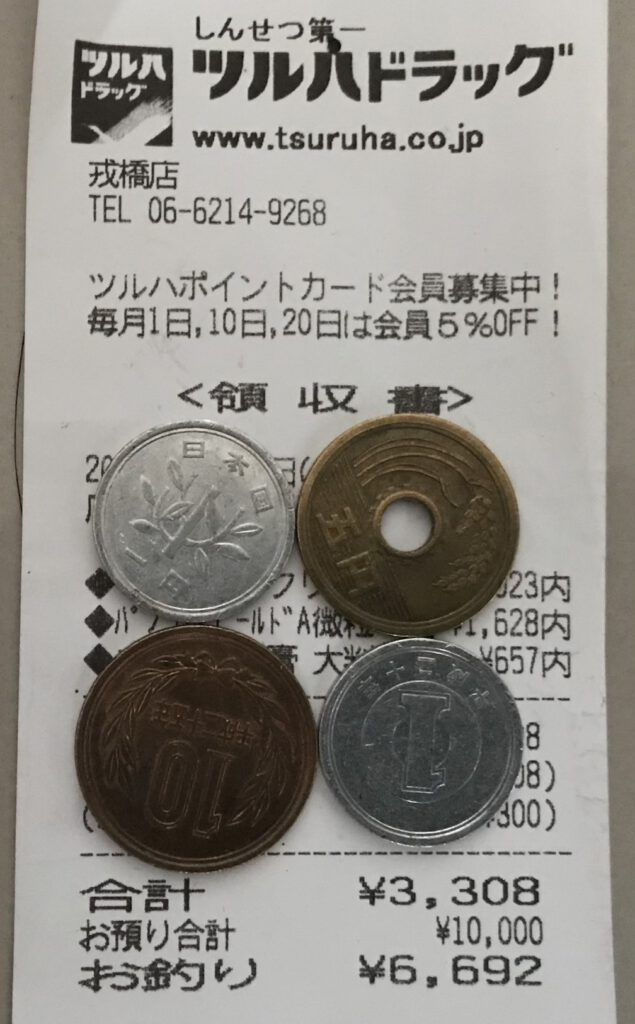Coins
No one enjoys carrying coins, especially those pesky 50 Satang coins or even one-Baht coins. The term ‘ten Satang’ seems to have vanished from Thai society. The younger generation might not even be familiar with this currency value.
The production of small coins is no longer cost-effective. If the government were to produce a one-satang coin, the production cost might be as high as 20 Satang, rendering these coins obsolete. No one wants to use them.
However, the disappearance of coins with a minimum value of 24 Satang each poses a significant economic impact. We still have 25 Satang coins in circulation, but losing the 24-Satang coins results in economic losses of great magnitude.
I am not an economist, and I don’t have tangible numerical data. However, the economic impact is undeniable. Even the tiny fractions left after banks round up interest rates contribute to the disappearance of money from the system, not an insignificant amount in daily transactions.
If we don’t count the rising prices of goods in Baht, who would bother about the remaining one Baht and one Satang when purchasing through digital wallets or e-wallets?

All the money, every Baht and Satang, remains in the system. It’s still in our wallets, but without the burden of carrying coins.
In the past, when I was a child, cafeteria curry rice cost two Baht, and food stalls outside were selling meals for five Baht. Later, the prices increased to eight, 12, 15, 20, and then jumped to 30, 40, 50. Today, seeing the number 60 is commonplace.
What does this number tell us? Each increase of 10 Baht might not seem significant, but if we consider it as a percentage, it represents a rapid inflation rate. The value of money in our bank accounts or wallets cannot keep up.
The economic strategy of using small change helps slow down the increase in prices, encourages price competition, and benefits consumers in the long run. It’s time to rethink the pricing of goods to reflect the true costs, not just when gas prices rise by 5%, but curry rice immediately jumps by 20 percent.
The state should control pricing to reflect the true costs, not a 5 percent increase in gas prices while curry rice rises by 20 percent. Implementing an economic system with small change is a way to slow down price increases, increase competition, and reduce the burden on the public in the long run.
I am not promoting the concept of half-packaged instant noodles increasing from 5 to 6 baht. It’s not just a one-baht increase, but a significant 20 percent rise. If curry rice, priced at 48.67 Baht per plate, can be paid through an app or in cash for 50 Baht, why not maintain the price at 50 Baht?
The government should support tax incentives for businesses participating in this project. Those who do not participate should face higher taxes. Giving an option is not enough; there must be consequences for not joining. This major move will truly reduce the cost of living for the public in the long run.
Everyone wants products at the lowest price possible. Paying 24.83 Baht through a digital wallet or e-wallet instead of a round 25 Baht is an unfamiliar fractional digit never used before in our lives. Would you choose to pay through an app?
Every Baht and Satang remains in the system. It’s still in our wallets, just without the need to carry coins. With a system based on economic principles, small change is a way to help slow down price increases, encourage competition, and reduce the burden on the public in the long run.
About the author: Yugen
A seasoned traveler, marketer, and global organization executive with over 30 years of experience across Japan, Korea, China, and America. He shares insights gathered during his travels and marketing experiences.